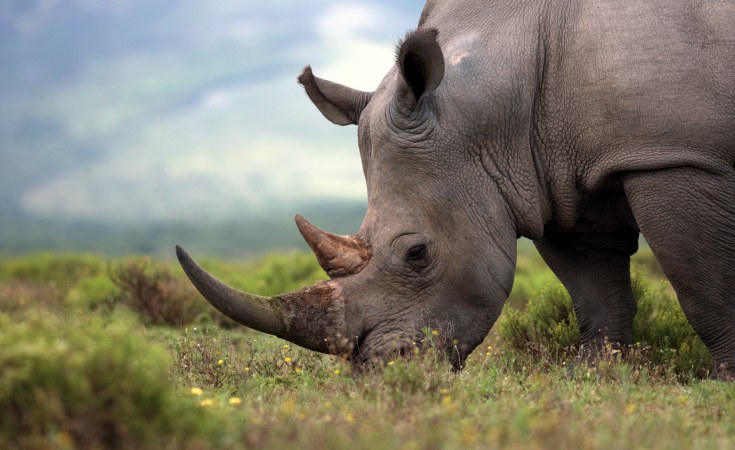Over the past five years,150 wildlife crimes have been documented, highlighting the urgent need for action, according to the National Public Prosecution Authority (NPPA).
Wildlife crime encompasses any activity that violates legislation protecting wild animals and plants, causing untold pain and suffering and pushing species to the brink of extinction.
A recent report reveals that in the 2018/19 period, 27 cases were reported, with 16 of them reaching the courts. To date, 11 cases have been successfully closed.
Similarly, during 2019/2020, the prosecution received another 27 cases, of which 24 were filed for court proceedings. Shockingly, only three of these cases have been resolved thus far.
The report discloses that a total of 35 wildlife crime cases were recorded in 2020/21. Among these, 29 were filed for court hearings, with only six cases being resolved.
In 2021/22, 44 crimes against wildlife were reported, reflecting a concerning increase in offenses. As of now, 36 cases have been filed in court, and eight have been concluded.
Between July 2022 and December 2022, the prosecution received 17 new cases related to wildlife crimes, indicating an ongoing threat to biodiversity.
Trans-boundary Wildlife Crimes
In line with the criminal law, a transnational offense refers to an offense in which one or more of its elements occur outside Rwanda's borders.
On July 2, 2019, Michelle Terblanche, a passenger traveling from China to South Africa via Kigali, was apprehended for possessing six tortoises, three of which were already deceased.
Investigation findings revealed that Michelle Terblanche managed to transport the tortoises by concealing them within her belt and posing as a pregnant woman. However, the scanners at Kigali International Airport detected her illegal cargo.
"To effectively investigate, prosecute, and adjudicate environmental crimes, law enforcement authorities, including investigators, prosecutors, and judges, must receive specialized training in wildlife and environmental offenses," Jean Pierre Habarurema, a prosecutor said.
Habarurema further emphasized the need for international cooperation due to the transboundary nature of most wildlife and environmental crimes.
As per the 2021 law governing biological diversity, engaging in activities such as poaching, injuring, capturing, stressing, or breeding wild animals constitutes an offense.
Upon conviction, individuals found guilty are subject to imprisonment for a minimum of one year and a maximum of three years, accompanied by a fine ranging from Rwf500,000 to Rwf1 million.
If the offense occurs within a protected area, the penalty increases to imprisonment for a minimum of three years and a maximum of five years, along with a fine ranging from Rwf1 million to Rwf5 million.
Furthermore, individuals who possess, transfer, sell, buy, or use wild animals also commit an offense.
Upon conviction, they face imprisonment for a minimum of three years and a maximum of five years, along with a fine ranging from Rwf1 million to Rwf5 million.


